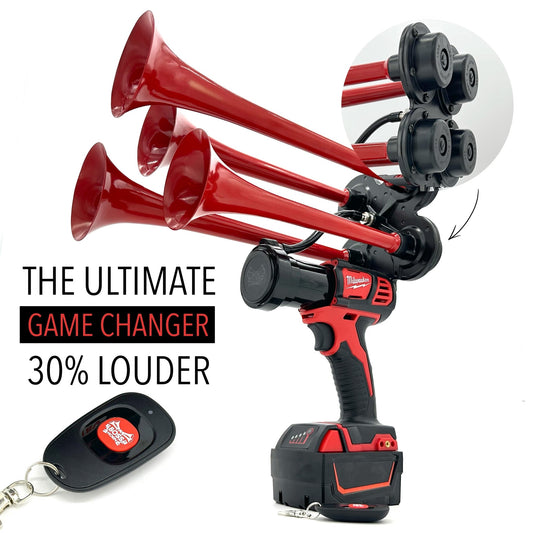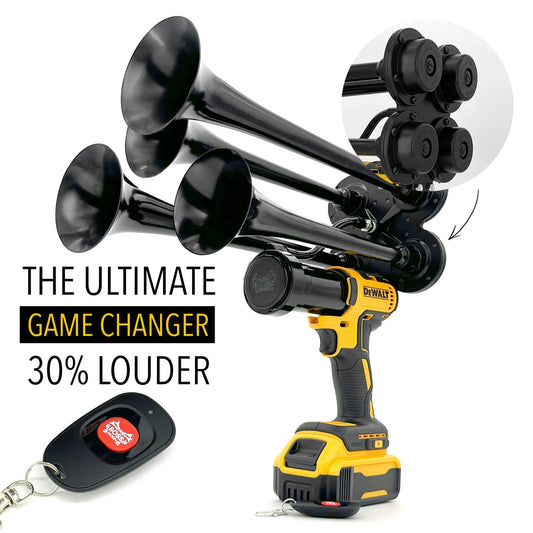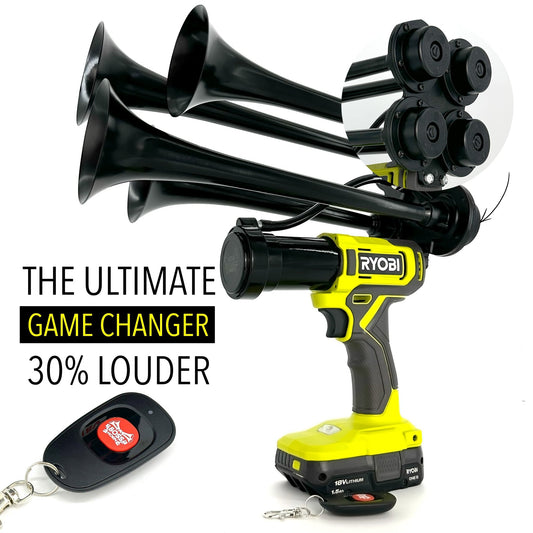Did you know that the loud sound produced by vehicle security systems is specifically designed to deter potential thieves? These alarms are a crucial part of protecting our vehicles from theft and vandalism. Over the years, advancements in technology have allowed car alarms to emit varying levels of sound to alert owners and scare off intruders. With the increase in vehicle theft rates, the importance of these loud alarms cannot be overstated.
The history of vehicle security systems dates back to the early 1900s when rudimentary devices were first invented to protect cars from theft. As technology evolved, so did the complexity of car alarms, which now incorporate sensors, sirens, and even remote controls for added convenience. Today, car owners have the option to choose from a wide range of alarm systems with different features and sound levels, making it easier to customize the level of protection they require.
An interesting statistic to consider is that the average decibel level of a standard car alarm is around 120 dB, which is equivalent to the sound of a chainsaw or a thunderclap. This high volume is intentional, as it is meant to startle potential thieves and draw attention to the vehicle. Additionally, studies have shown that the loud noise of car alarms can reduce the likelihood of a break-in by up to 80%. This demonstrates the practical effectiveness of these security systems in preventing theft and protecting our valuable possessions.
What are the importance of car alarm decibels?
Car alarm decibels refer to the level of sound emitted by a car alarm system when triggered by unauthorized entry or attempted theft. It is crucial for car alarms to have a high decibel level in order to effectively deter potential thieves and alert surrounding individuals of a security breach. The loud noise helps to draw attention to the vehicle and can discourage criminals from proceeding with their unlawful activities. Additionally, the high decibel level can also serve as a warning signal to the car owner, prompting them to take necessary action to secure their vehicle. To learn more about the significance of car alarm decibels and how they contribute to overall vehicle security, continue reading the following sections.
Car alarms have been a standard feature in vehicles for decades, serving as a deterrent against theft and vandalism. However, the loudness of these alarms can vary significantly depending on the manufacturer and model. Understanding the decibel levels of car alarms can help you choose the right one for your vehicle and ensure that it effectively alerts you and others of potential security threats.
sound levels of car alarms can range from 90 to 120 decibels. A decibel is a unit used to measure the intensity of a sound. For reference, normal conversation is around 60 decibels, while a rock concert can reach up to 120 decibels. Therefore, a car alarm at the higher end of the spectrum can be extremely loud and attention-grabbing.
One important factor to consider when choosing a car alarm is the environment in which it will be used. A loud car alarm may be more effective in a busy urban area with a lot of background noise, while a quieter alarm may suffice in a quieter suburban neighborhood.
It is also essential to be mindful of local noise ordinances when selecting a car alarm. Some areas have regulations on the maximum allowable decibel level for car alarms, so be sure to check the laws in your area before installing an alarm.
In addition to the decibel level, other features to consider when choosing a car alarm include the type of sensors it uses, its range, and whether it has remote access capabilities. By carefully evaluating these factors, you can select a car alarm that provides the level of security and convenience you require.
Statistics show that a car alarm with a decibel level of around 100 to 110 is generally considered to be effective in alerting others to potential security threats. However, it is essential to strike a balance between loudness and potential noise disturbances to ensure that your car alarm serves its purpose without causing unnecessary inconvenience.
https://youtube.com/watch?v=Dr0Sx8mpde8
What are the noise levels of vehicle alarms?
Vehicle alarms produce sounds ranging from 90 to 120 decibels, depending on the model and manufacturer. These noise levels are loud enough to alert nearby individuals of potential security threats and deter potential thieves. It's important to note that prolonged exposure to these noise levels can be harmful to hearing.
1. Vehicle alarms typically produce sound levels between 90 to 120 decibels.
2. The loud noise is designed to alert surrounding individuals of potential security threats.
3. Prolonged exposure to high decibel levels can result in hearing damage.
How can noise levels of vehicle alarms affect surrounding individuals?
The noise levels of vehicle alarms can cause discomfort and annoyance to individuals in the vicinity. In addition to potential annoyance, prolonged exposure to high decibel levels can also lead to hearing damage. It's essential for vehicle owners to be mindful of the noise levels of their alarms and consider the impact on others in the area.
1. High decibel levels can cause discomfort and annoyance to nearby individuals.
2. Prolonged exposure to loud noise can result in hearing damage.
3. Vehicle owners should consider the impact of their alarms on others in the vicinity.
Do different vehicle alarm models have varying noise levels?
Yes, different vehicle alarm models can have varying noise levels depending on factors such as the manufacturer and design. Some alarms might produce louder sounds than others, reaching decibel levels that can be more effective in alerting nearby individuals. It's important for vehicle owners to consider the noise level of their chosen alarm system when selecting a model.
1. Vehicle alarm models can have varying noise levels depending on the manufacturer and design.
2. Some alarms may produce louder sounds than others to effectively alert nearby individuals.
3. Vehicle owners should consider noise levels when choosing an alarm system.
How can vehicle owners mitigate the impact of loud alarm noise?
Vehicle owners can take steps to mitigate the impact of loud alarm noise on surrounding individuals by setting their alarm systems to lower dB levels. Additionally, owners can be mindful of the time and location of alarm activation to minimize disturbance to neighbors and passersby. Regular maintenance and testing of alarm systems can also ensure they are functioning properly and not producing excessively loud noises.
1. Vehicle owners can adjust their alarm systems to lower decibel levels to reduce the impact of loud noise.
2. Being mindful of the time and location of alarm activation can help minimize disturbance to others.
3. Regular maintenance and testing of alarm systems is essential to prevent excessively loud noises.
Are there regulations regarding noise levels of vehicle alarms?
Some regions may have regulations in place regarding the noise levels of vehicle alarms to prevent excessive disturbance to the public. These regulations might specify maximum decibel levels that alarms are allowed to produce, ensuring that they are effective in alerting individuals without causing unnecessary noise pollution. Vehicle owners should familiarize themselves with local laws and comply with any regulations regarding alarm noise levels.
1. Some regions may have regulations on the noise levels of vehicle alarms to prevent excessive disturbance.
2. Regulations may specify maximum decibel levels for alarms to avoid unnecessary noise pollution.
3. Vehicle owners should be aware of local laws and comply with regulations on alarm noise levels.
Conclusion
In conclusion, the decibel level of a car alarm plays a crucial role in its effectiveness. A higher decibel level typically means a louder alarm, which can help deter potential thieves and alert nearby individuals. However, it is important to strike a balance between a loud enough alarm to be effective and not causing unnecessary disturbance to the surrounding environment. When choosing a car alarm, consider the decibel level along with other features to ensure your vehicle is well-protected.














